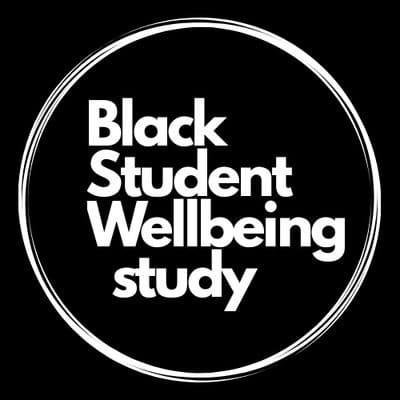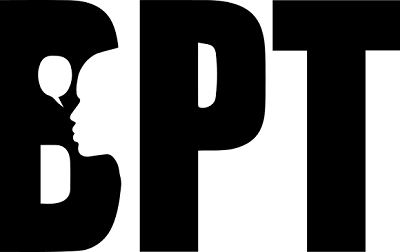My mental health journey through academia
In my second year of undergrad I asked for help from my university but was turned away because I looked fine, I dressed fine, I was averaging a 2:1 and I was holding down a job. After my appointment I cried uncontrollably in the middle of campus for 15 minutes and then gathered myself. I had 4 hours of lectures, an essay to write, and a night shift at my job in a hotel.
The doctor who saw me didn’t see (or care about) the self-harm scars, the fact that I was drinking excessively to drown out my thoughts, the suicide attempts (they didn’t ask), working 40+ hours a week as a full-time student because I needed to keep busy to distract myself from my feelings, or that I was underweight.
When I started my Masters I knew I wouldn’t survive unless I created a space for me, as a Black woman, to talk to and get mental health support from other Black students. I set up a peer wellbeing support group for racially minoritised students and for the first time I felt seen and like I belonged at university.
Sharing my story and hearing the stories of others made me realise I wasn’t the only one who struggled to survive and thrive at university as a Black student with a mental illness, which broke my heart.
I tried to look for psychoeducational resources or services but couldn’t find any so I designed the Black Students Wellbeing Study to explore how to fill this gap in service provision.

Black Student Wellbeing Study
The purpose of the Black Students Wellbeing Study is to:
- give Black students the opportunity to talk about the life events and experiences they feel shape their mental health and wellbeing journeys at university;
- explore how institutional and structural racism within UK higher education systems shape the mental health and wellbeing experiences and outcomes of Black university students.
I listened to the stories of 20 Black undergraduate and postgraduate students who attend or attended a UK university. Interpretative Phenomenological Analysis is being used to capture and examine their life events, experiences, and journey through academia.
Why Black students’ stories matter
The result and write up of the Black Students Wellbeing Study will generate a better understanding of the Black student mental health experience within UK higher education. This understanding will guide how UK higher education institutes should support Black university students, promote mental health awareness among the Black community and wider community, and give a voice to the Black university student community.

Black Students Talk
Black Students Talk (BST) is a programme delivered by Black People Talk (BPT) CIC where Black university students come together to listen, learn, and support each other's mental health and wellbeing.
Black university students (including myself) have had to survive and thrive through the Covid-19 pandemic, collectively grieve the disappearances and murders of Black people around the world, and become unpaid equality, diversity and inclusion consultants for their university. We've had to do this all whilst managing our personal, student, social, family, and working lives.
Black Students Talk is a brave and safe space where we unpack our traumas, celebrate our successes, and be our authentic unapologetic selves.
Nkasi Stoll is a LISS-DTP ESRC funded PhD candidate at King’s College London, leading on the Black Students Wellbeing Study. Nkasi is the Co-Founder of Black People Talk CIC and Director of Black Students Talk. She also works part-time at the Centre for Society and Mental Health and is co-Founder of the Black In Mental Health global network.
The virtual Student Mental Health and Wellbeing Conference was held on 18 May 2021, organised in collaboration with MWBHE, focussed on the theme 'Radical and Creative Partnership Working'. Find out more here.
Find out more about Advance HE's work: ‘Tackling structural race inequality in higher education’, and our Race Equality Charter, the framework through which institutions work to identify and self-reflect on institutional and cultural barriers standing in the way of Black, Asian and Minority Ethnic staff and students.
We have also developed a portfolio of support, which can be tailored to institutional need, to tackle racism and race inequality, find out more here.